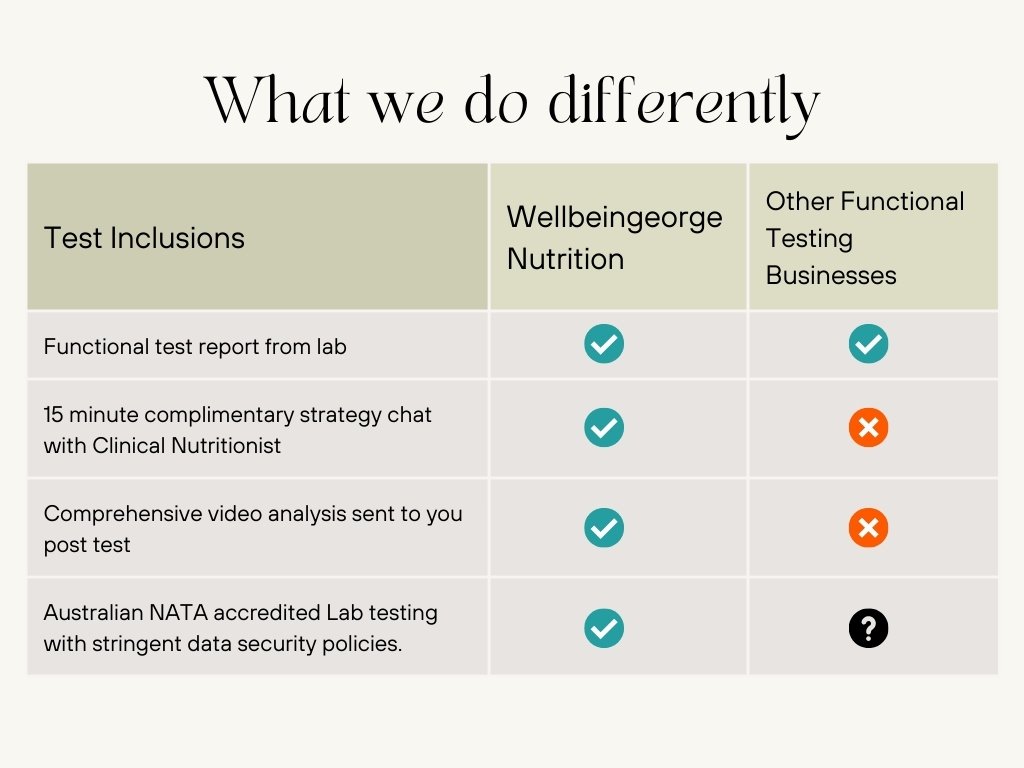
Understanding SIBO
Small Intestinal Bacterial Overgrowth
What is SIBO?
Small Intestinal Bacterial Overgrowth, commonly known as SIBO, occurs when there is an abnormal increase in the number of bacteria in the small intestine. Unlike the large intestine, which is home to a large bacterial population, the small intestine typically contains fewer bacteria. When these bacteria overpopulate, they can disrupt normal digestive processes, leading to various symptoms and health issues.
Symptoms of SIBO
SIBO can manifest through a range of digestive and non-digestive symptoms, making it a challenging condition to diagnose. Common symptoms include:
Chronic Bloating: Persistent bloating and a feeling of fullness are hallmark signs of SIBO.
Abdominal Pain: Discomfort or pain in the abdomen, often described as cramping.
Diarrhea: Frequent loose stools can be a symptom of SIBO.
Constipation: Some individuals may experience constipation instead of diarrhea.
Gas: Excessive gas production leading to belching or flatulence.
Nutrient Deficiencies: Due to malabsorption, SIBO can lead to deficiencies in essential nutrients like vitamin B12, iron, and fat-soluble vitamins.
Unintentional Weight Loss: Difficulty absorbing nutrients can result in weight loss.
Fatigue: Generalised tiredness and lack of energy
What can cause SIBO?
Several factors can contribute to the development of SIBO, including:
Motility Disorders: Conditions like irritable bowel syndrome (IBS) or gastroparesis can slow down gut motility, allowing bacteria to accumulate.
Structural Abnormalities: Anatomical issues like strictures or adhesions in the intestines can create a favorable environment for bacterial overgrowth.
Immune System Dysfunction: A weakened immune system can lead to inadequate control of bacterial populations.
Chronic Conditions: Diseases like diabetes, coeliac disease, and Crohn's disease are associated with an increased risk of SIBO.
Long-term Use of Medications: Proton pump inhibitors (PPIs) and antibiotics can alter gut flora and contribute to SIBO development.
How to diagnose SIBO?
Accurate diagnosis of SIBO is crucial for effective treatment. Common diagnostic methods include:
Breath Tests: The hydrogen and methane breath tests are non-invasive methods that measure the gases produced by bacteria in the small intestine (see our testing page here).
Gastroscopy and Culture: In some cases, a sample from the small intestine is obtained via endoscopy and cultured to identify bacterial overgrowth.
Blood Tests: Assessing nutrient levels and identifying deficiencies can provide clues pointing towards SIBO.
How do you treat SIBO?
At Wellbeing George, we focus on holistic, root-cause approaches to manage and treat SIBO:
Personalised Nutrition Plans: Tailored short-term diets, such as the low-FODMAP or SIBO diet, can help reduce symptoms by limiting fermentable carbohydrates that feed bacteria.
Herbal Antimicrobials: Natural antimicrobial herbs can effectively reduce bacterial overgrowth without the side effects of conventional antibiotics (please seek guidance from a qualified practitioner before doing this as you can damage your gut flora easily if taking a dose that is too high or for too long).
Probiotics and Prebiotics: Specific strains of probiotics can help restore a healthy balance of gut flora, while prebiotics support the growth of beneficial bacteria. This is used towards the end of the treatment.
Gut Motility Support: Improving gut motility through lifestyle changes, supplements and specific exercises can prevent bacterial stagnation.
Addressing the root cause: Treating associated conditions like Irritable bowel syndrome, inflammatory bowel disease, coeliac disease, diabetes, or hypothyroidism is essential for comprehensive SIBO management.
SIBO Testing
Detect bacterial overgrowth in the small intestine with a simple, non-invasive gastrointestinal test offered at Wellbeing George Nutrition. Our specialised SIBO testing uses hydrogen and methane breath tests to accurately diagnose the presence of excessive bacteria in the small intestine. By identifying the root cause of your digestive issues, we can create a personalized treatment plan to restore your gut health.
Schedule your SIBO test today and take the first step towards a healthier, happier you.




